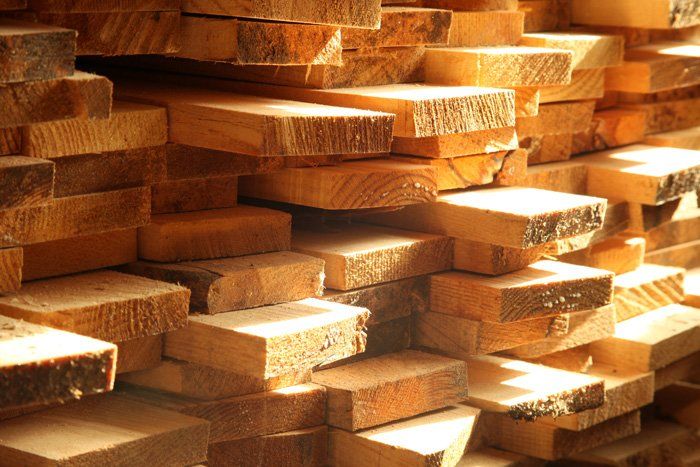5 Tips for Choosing the Right Building Material Supplier

In the increasingly competitive construction sector, there is a fine line between success and failure. One area that ensures the former instead of the latter is your suppliers. Your projects are as good as the materials you use in construction. As such, ascertain you choose the best building material supplier to deliver high-quality and durable products.
However, selecting the right company can be daunting with so many suppliers in the market. Here are six tips to make the process easier and identify the right supplier for your business.
1. Look for a Broad Range of Products
A good building supplier stocks a broad range of products and materials, ranging from flooring to doors and windows and roofing. This way, he has all materials you need under one roof and saves you unnecessary delays sourcing from different sellers.
While some products may be similar, they can serve different purposes and vary in price and quality. A good supplier builds a contractor's selectionrather than limiting it.
2. Consider Delivery Logistics
As a contractor, you understand that a slight delay in your project can result in unhappy customers and financial losses. Therefore, you must get all the necessary materials promptly to prevent delays.
When materials arrive too early, you may need to store them - and incur storage costs. When they arrive late, they cause delays and mess up your timeline. You want a supplier with flexible delivery schedulesto deliver materials on time. Having a fleet of delivery vehicles is an added advantage.
3. Check Sourcing Certification
Every building material supplier should adhere to 'responsible sourcing'. They should know how building materials are manufactured and by who. You wouldn't want to be involved with a supplier who sources his stone or other building materials from a manufacturer that uses child labor and dangerous working conditions. Such a supplier can ruin your reputation and lead to lawsuits and lost business. Therefore, ensure that your supplier demonstrates responsible sourcing certification.
4. Prioritize What You Need
A knowledgeable supplier should always inquire about what you are constructing before suggesting or selling any material to you. For instance, while you may want to buy a bag of grout, the supplier should ask about its application. Do you want to fix a crack, address a structural deficit, or use it on a new project?
Find a supplier who will not just sell you materials but also educate you on the available options and applications. Some building material suppliers go the extra mile to offer workshops for construction crews.
5. Look for a Readily Available Stock
Settle for a supplier with readily available stock at his facilities. Also, the supplier should have an extensive network of locations that can easily ship products to you when needed. It is best practice to avoid suppliers who say they can get you supplies but don't have them at the moment.
Some suppliers keep costs down by avoiding storage costs. They only order building materials when they have a ready client. While such a supplier may give you a good deal and you save money, the cost and frustration of delayed and canceled orders are much more.
Among the biggest challenges for contractors is choosing a good building supplier to provide the required building materials. With so many suppliers in the market, choosing a good one can be challenging. Fortunately, the above tips can help you select a supplier who meets your unique needs, offers quality materials at a competitive price, adheres to responsible sourcing, and has readily available stock.
Do not take chances with building materials; contact Mikro Corporationfor quality materials for all your ventures.











